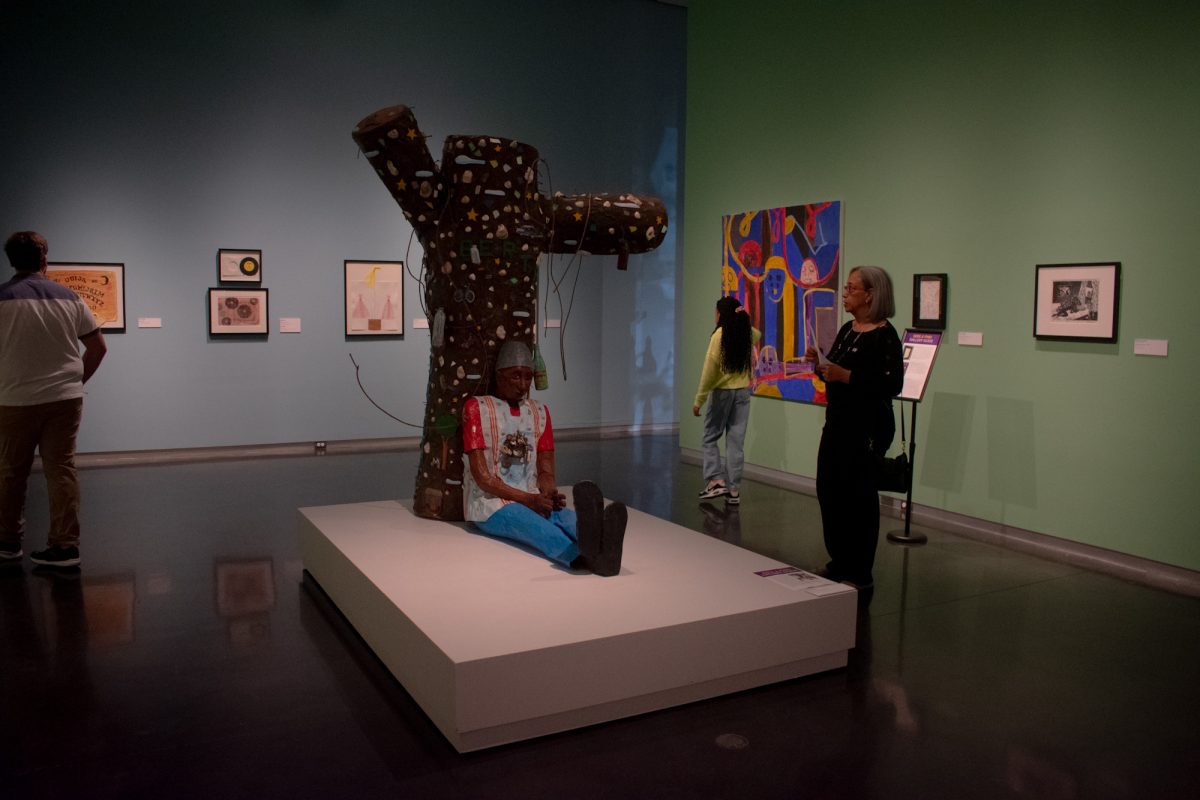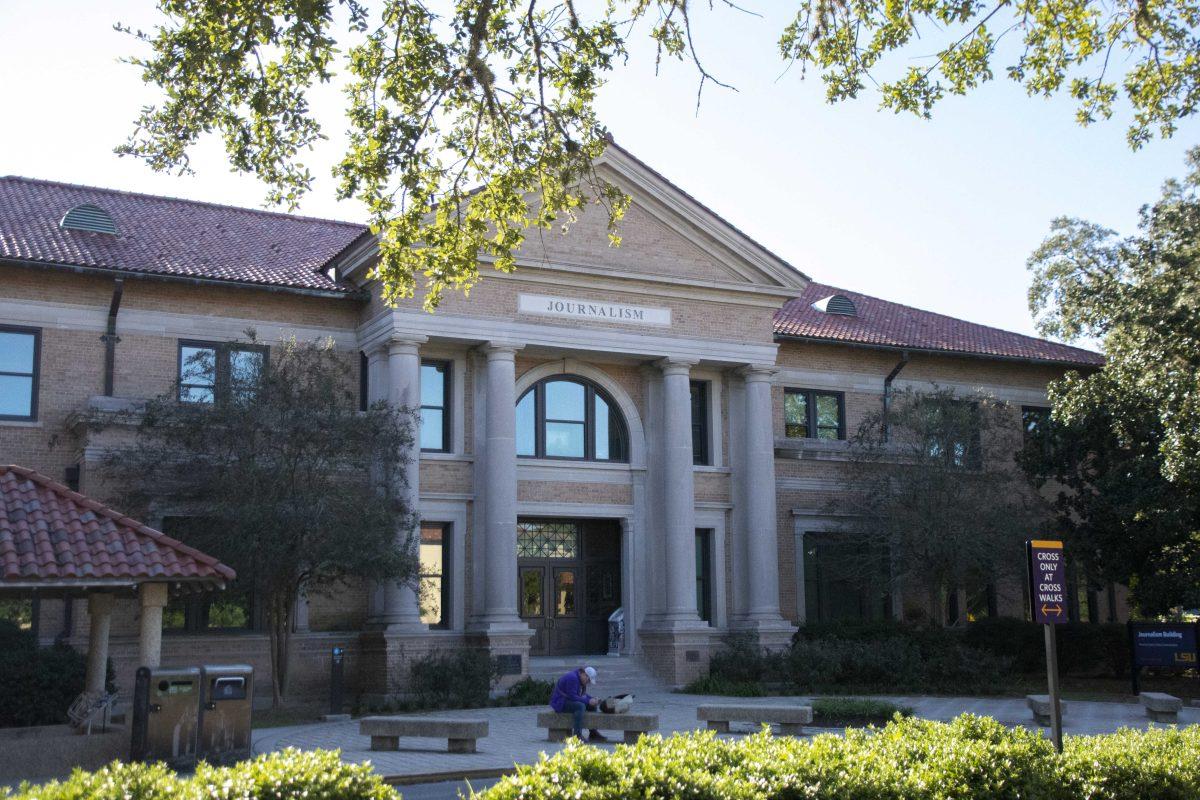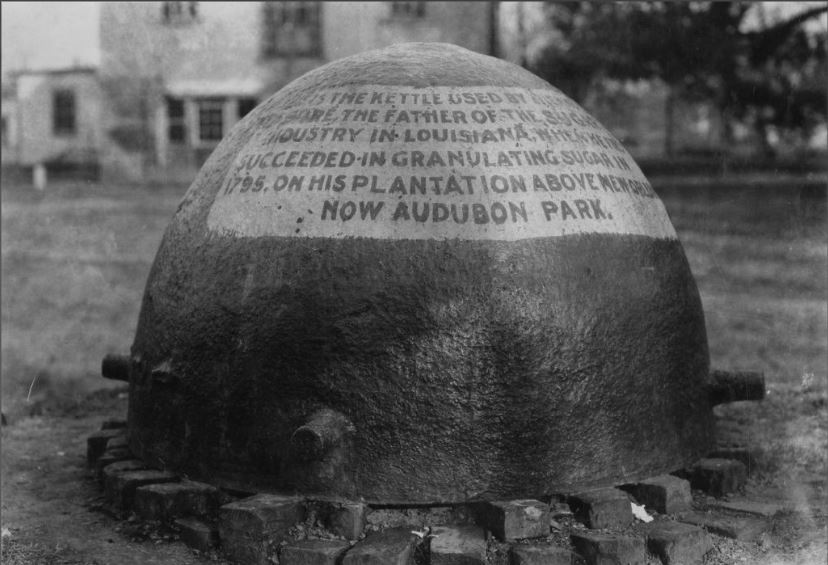University’s presidential search interviews began Monday with first three presidential hopefuls
The University’s Presidential Search Committee started the first day of interviews Monday, with the second half set to continue Tuesday. The committee previously met April 21 to narrow down the list of 28 applicants to eight individuals who will be interviewed for the University’s presidential position.
After deliberation by the committee, the following eight individuals were selected to continue to the interview stage:
-
Rustin Moore
-
Laurence Alexander
-
Jay Dardenne
-
Mary Ann Rankin
-
Kelvin Droegemeier
-
Jeff Talley
-
Ron Clark
-
Jim Henderson
Alexander, Rankin, Henderson and Dardenne were scheduled to be interviewed by the committee on Monday, with the remaining four candidates scheduled for Tuesday.
Rankin, the only women to advance to the interview stage of the presidential search, rescinded her application prior to her interview.
A University official confirmed to The Reveille that William F. Tate IV had submitted his resume over the weekend and was voted in by the committee to be included in the interview process. Tate is currently the provost and executive vice president of academic affairs at the University of South Carolina. Tate’s interview was confirmed to be occurring Tuesday afternoon by the University source.
The interviews began around 9:30 a.m. Monday with Alexander’s interview. Alexander, currently the Chancellor of the University of Arkansas at Pine Bluff, fielded questions from the committee members inquiring about his leadership style and his method of hiring.
“I am not a micromanager, I count on divisional leaders to lead, and to manage their areas and to keep me informed of serious issues that may arise in their areas,” Alexander said. “We want people who have a good worth ethic, we’d like to hire people who are knowledgeable about higher education, and their role in it.”
The committee members also brought up the University’s ongoing Title IX scandal and asked how exactly Alexander would handle this crisis if selected.
“The circumstances at LSU, we’ve all seen them, LSU is in the national spotlight for its handling of Title IX cases, and it just seems to me the question implies the answer. We have to make it a high priority, and a hardline priority,” Alexander said. “Title IX cases involve people who have been harassed and abused, and it’s our job foremost as a university to keep our students safe. We need to remember that all these cases and complaints require empathy on the part of the institution.”
President of University of Louisiana System Jim Henderson’s interview followed, and Henderson received similar questions from the committee. Henderson opened his interview citing his previous work in higher education in Louisiana.
“I lead one of the nation’s largest higher education systems,” Henderson said. “For the last 16 years, I’ve led Louisiana higher education.”
When questioned on his leadership skills, Henderson talked about what he believes are important assets for a university president and what makes an organization successful.
“Presidents have to rise above and bring that university community along with them,” Henderson said. “I have come to one conclusion; the success of a complex organization is directly attributed to the characteristics of the top management team. Beyond the team, is the vision, and there must be room for disagreement and conflict.”
Henderson also spoke on the issue of Title IX handlings and noted a difference between universities just doing enough to comply with federal guidelines and going beyond what is required to protect students.
“It is insufficient for us to be compliant; you have to look beyond that by asking what we are doing and what do we need to do, and we need to ask are we doing what we need to do to protect our students,” Henderson. “You have to be intolerant of violations of process, you establish an expectation that compliance is not negotiable.
Henderson followed Alexander in stressing that universities need to show empathy when it comes to their handling of Title IX cases.
“You ensure that your policy starts and ends with the students, not with the institution,” Henderson said. “We need to ensure that victims and claimants are treated with respect and empathy, and you have to have an apparatus that is truly advocating for that victim and that claimant.”
The coming fall semester, and how universities will treat it amid the ongoing COVID-19 pandemic, was brought up by the committee and Henderson ensured that safety will be his number one priority.
“So, absent a vaccine mandate, then we have to ensure that we have the safeguard and accommodations that reinforce the number one principle, which is the the safety of faculty, staff and students,” Henderson said. “We are going to create the safest environment.”
The final candidate was Commissioner of Administration Jay Dardenne. When asked by the committee about the ongoing Title IX situation at the university and how he would protect students and staff, Dardenne made note that the issue of sexual assault is a cultural one that is prevalent all around the country
“These Title IX issues are very important and sensitive to me. It’s unfortunate, but these problems are not unique to LSU,” Dardenne said. “It is a cultural issue. The culture needs to change, and needs to change, men more than women, that this not acceptable behavior, A university campus is where this needs to exemplified.”
After informing the committee members on his past and current roles that could qualify him for the presidential position, Dardenne talked about his current leadership style that he has found to be most effective.
“From a leadership style, it is collaborative. I believe in listening more than talking. I believe in being proactive, not reactive, this is something that LSU currently to be cognizant of,” Dardenne said. “I lead by example; I like to get my hands dirty. I believe that’s a best thing a leader can do, especially on a college campus.”
Dardenne, who was the University’s Student Government President in 1978, referenced his historic ties to LSU to the committee members before making a promise depending on if he is appointed president.
“I grew up with LSU in my blood and experience wise, I go back to my days at LSU as the student body president,” Dardenne said. “As I approach this job, I will conclude by telling you three things: I know what I do not do, I know that I do not have all the answers, and I know how important it is to listen to stakeholders. And if I am fortunate enough to be elected president, I will not let our university fail in any circumstance”










